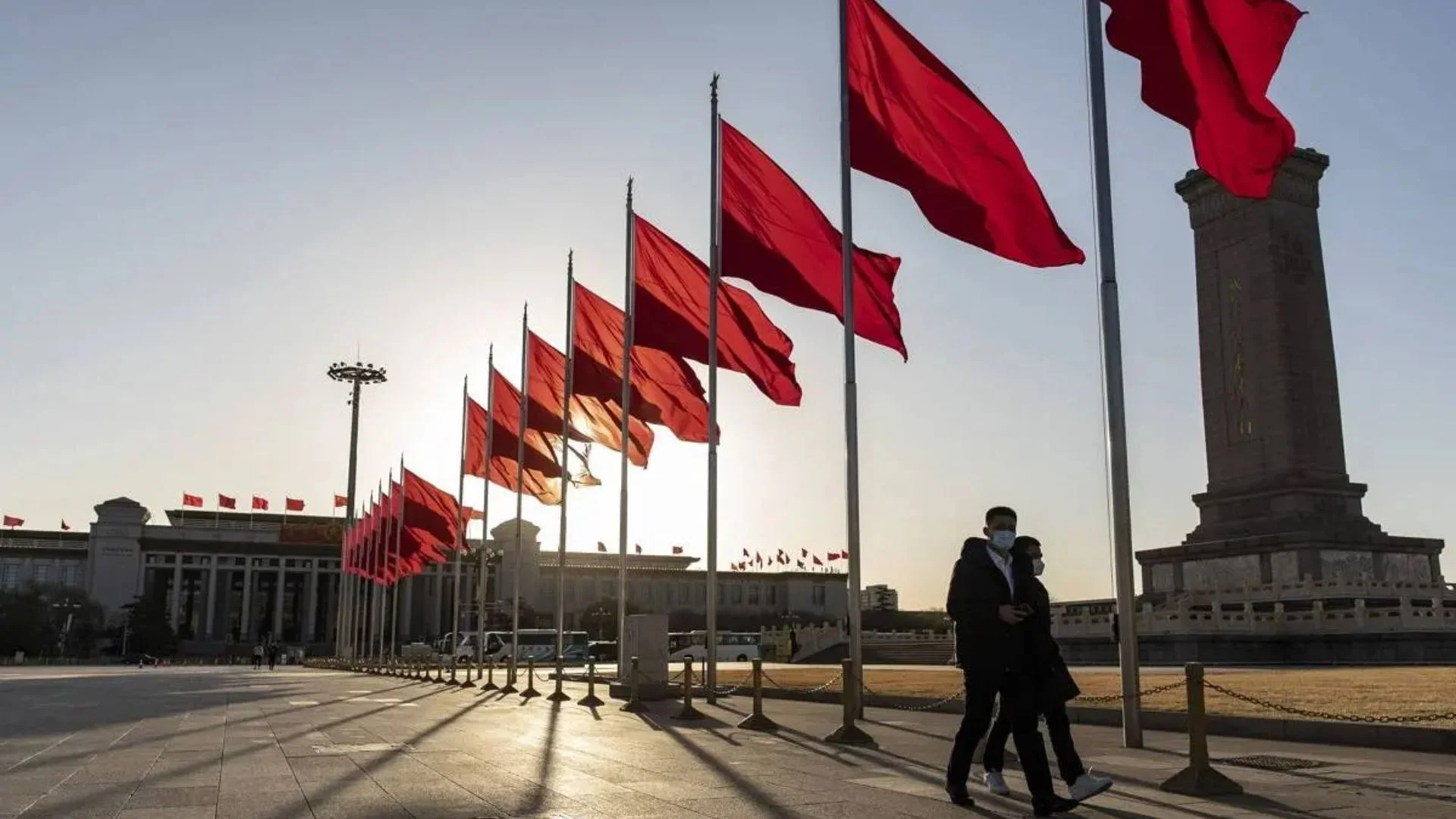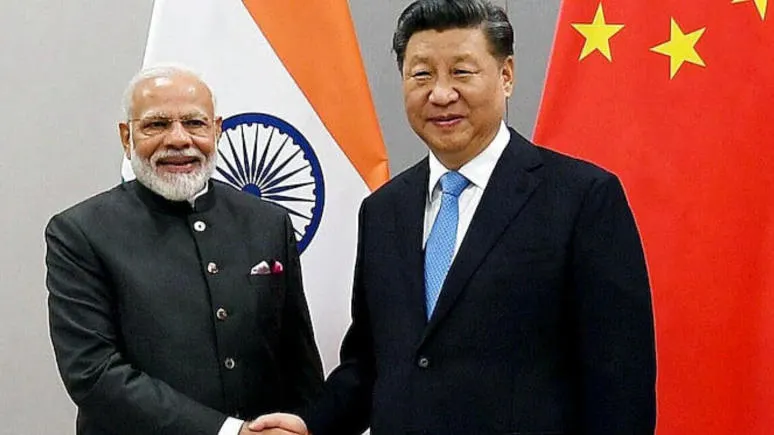In a surprise move, millions of government workers across China were given pay raises this week, as Beijing looks to stimulate spending in the face of a slowing economy. Their wage increases add up to a sizeable 48 million public-sector employees and are estimated to pump between $12 billion and $20 billion into the economy, familiar people with the matter said.
The pay raise comes after a nearly eight-year break, with the last public increase to civil servants being in 2015. Back then, the government increased the wages of local officials by over 30 percent in a move to curb graft and boost consumer spending. This latest round of increases, however, seems to be more broadly targeted at boosting consumption, especially among public sector workers who are more likely to spend since they enjoy higher job security and benefits.
According to affected pay rise, monthly salaries of government employees have been increased by around 500 yuan ($68.50) on average, and junior workers even gained increases of around 300 yuan ($41). The backdated increases date from July, but are paid out as one-time bonuses that continue to feed into expectations of them boosting consumer spending.
While Beijing is tight-lipped on the announced pay hikes and even more specific about what exactly these will be, economists believe that this move fits in with the government’s broader effort to tackle economic challenges such as slow growth and persistent deflation. Public sector workers are expected to spend much more than save their incomes, say the economists.
Mixed reactions have appeared on social media to the shock wage increases, with some employees expressing gratitude but others criticizing this move as beneficial only to a minute fraction of people. There is also a need to know the source of financing for the wage increases and whether the initiative would be costly or not, because Chinese leaders had already agreed to tolerate a higher budget deficit to cushion economic recovery efforts.























